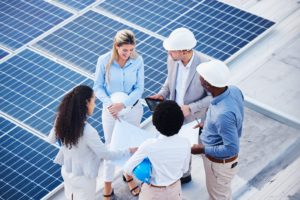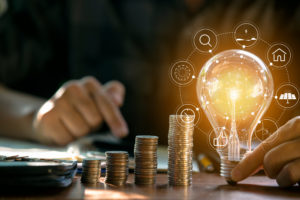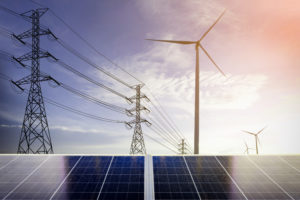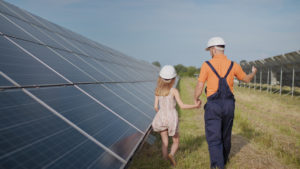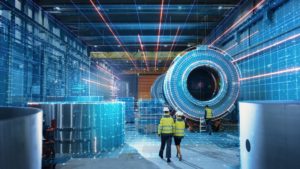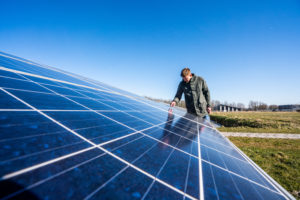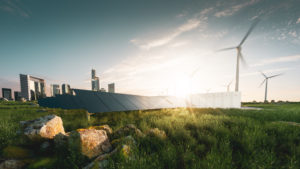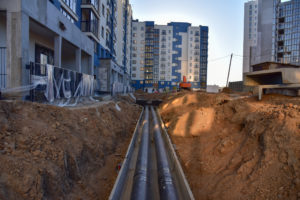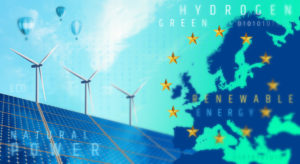The energy transition: what will it look like?
In the Paris Agreement (2015), most nations of the world have agreed to reduce their greenhouse gas emissions to keep global warming limited to “well below 2°C”. Since the use of fossil fuels (oil, gas, coal) is the main cause of greenhouse gas emissions, this implies that the world must move away from the current energy system based on fossil fuels to one that is “climate neutral” or “CO2-free”. This is what is referred to as the energy transition.
The need for an energy transition away from “unabated” fossil fuels (the CO2 emitted from the combustion of the fossil fuel is not captured and stored but released into the air) is hardly in dispute. However, there is still a fierce debate about what the most cost-effective and efficient alternatives are.
At this moment, around 80% of global energy supply comes from coal, oil and gas. Some researchers believe that it is possible for the world to move to a 100% renewable energy based system in the near future.
More gradual
Most experts envision a gradual transition. The International Energy Agency (IEA) has developed a “Sustainable Development Scenario”, which shows a possible energy future in line with the objectives of the Paris Agreement, in which the use of coal, oil and gas is reduced gradually from 81% today to less than 50% by 2050.
The IEA’s Sustainable Development Scenario contains three important takeaways about the energy transition:
- Energy efficiency must be improved strongly;
- The energy system will see strongly increased electrification;
- Renewable energy will grow strongly.
Other routes
The IEA’s Sustainable Development Scenario is only one possible route to a climate neutral future. There are many others.
In November 2018, the European Commission presented a vision for a Climate Neutral Europe in 2050. In other words, according to the Commission, by 2050 “net greenhouse gas emissions” should be zero in Europe.
The energy transition will not look the same everywhere. Each country or region will make its own choices depending on their natural resources and political circumstances. The European Union (EU) has adopted an EU-wide CO2-emission reduction target of 40% and a renewable energy target of 32% for 2030 compared to 1990.
Natural gas
One big topic of debate is what role natural gas will play in the energy system of the future. The European Commission believes natural gas will be almost phased out in 2050 in Europe. The IEA and other institutions believe natural gas will be important at least until 2050 and possibly several decades longer. Natural gas can help reduce emissions if it is used to replace coal in power generation, but it is still a fossil fuel, so it cannot be used indefinitely if the world is to reduce its emissions to zero, unless it is combined with carbon capture and storage (CCS).
A different question is whether other gases, for example biogas or renewable hydrogen, could replace natural gas. Many analysts believe it is more cost-effective to continue to use existing gas infrastructure with renewable gases than to replace all forms of gas with electricity. For more information on renewable gas and hydrogen, see our topic pages on Hydrogen and Renewable gas.


